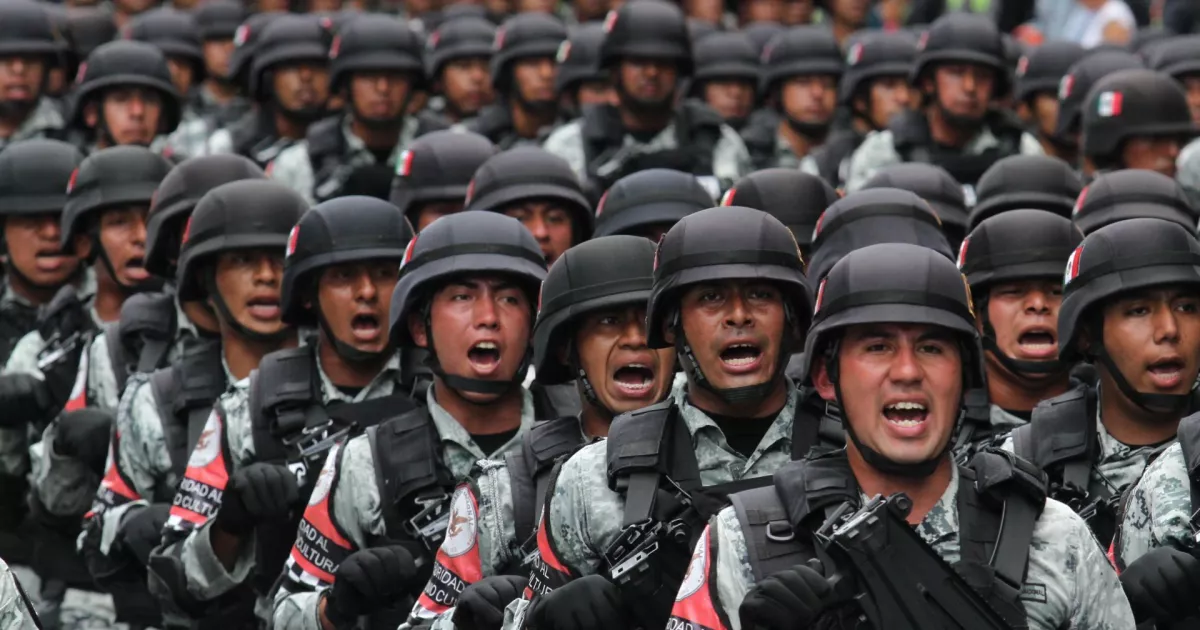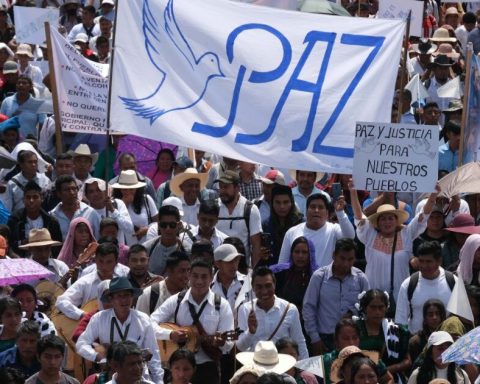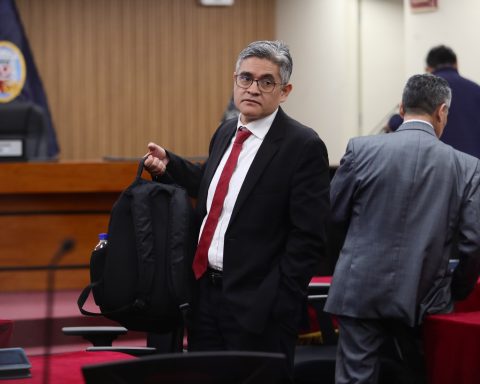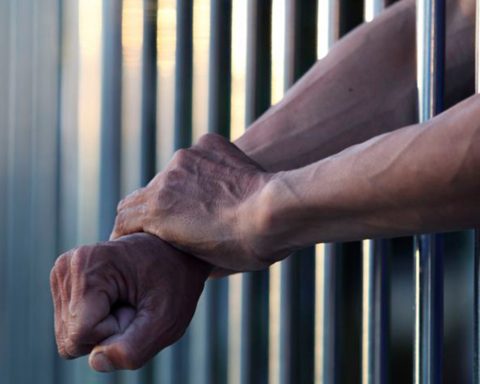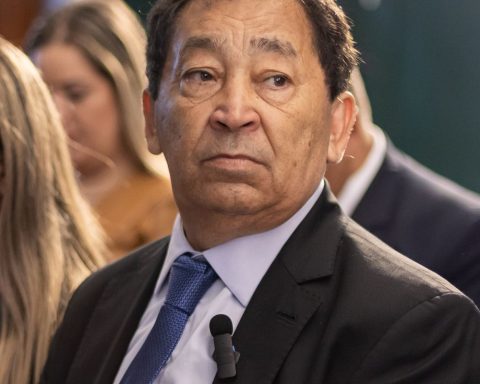Normally, we understand militarization as the transfer of public tasks and responsibilities unrelated to national security from the civilian government to the Armed Forces, or as the adoption of a military logic for the solution of public problems or for the execution of government programs.
In turn, in the Mexican public discussion, militarism is usually understood as the incidence of military institutions in government decision-making, legislative debates and the political game, in areas beyond national security.
However, there are other meanings of militarism that, in my opinion, we use little in the Mexican public debate, despite the fact that they are fundamental for national public life. According to the brilliant Oxford University historian Margaret MacMillan, militarism is the exaltation of the military as the most admirable member of society and the dissemination of military values—for example, discipline, loyalty, and obedience. — among the civilian population.
Thus, militarism, as MacMillan understands it, ends up diminishing democracy, since it limits public deliberation, critical thinking, pluralism and the capacity for dialogue. That is happening slowly and gradually in Mexico.
I once erroneously used the expression “democratize the Armed Forces”, referring to the need to insert military forces into the system of checks, balances and accountability that any democratic regime requires to function. With some reason, a soldier recommended me not to use that phrase, since the Armies, in themselves, are hierarchical, vertical and especially value the sense of obedience and discipline.
In short, by their nature and their responsibilities —above all, to safeguard national security—, the Armed Forces are institutions without internal democracy and with very limited spaces for questioning, debate, and independent analysis. The problem for democracy comes when these characteristics are fostered in citizens and when admiration for the loyalty and discipline of the military is promoted in society.
In the first place, following MacMillan, anti-intellectualism characterizes militaristic societies: if citizens admire obedience, they will automatically repudiate critical thinking and non-conventional ideas.
Consequently, militaristic societies are anti-pluralist: if cohesion, esprit de corps and unity are extolled, divergence of opinion is likely to be viewed with suspicion or even as a threat.
Furthermore, militaristic societies are characterized by exacerbated nationalism, since the military’s willingness to defend the homeland to the last consequences is seen as a notable and aspirational attitude.
MacMillan does not argue that the respect of the citizens of a country for its Armed Forces represents an anti-democratic attitude. That would be crazy. Rather, he argues that when the public exaltation of military virtues is excessive, societies tend to acquire military features, which diminishes plurality and hinders deliberation.
